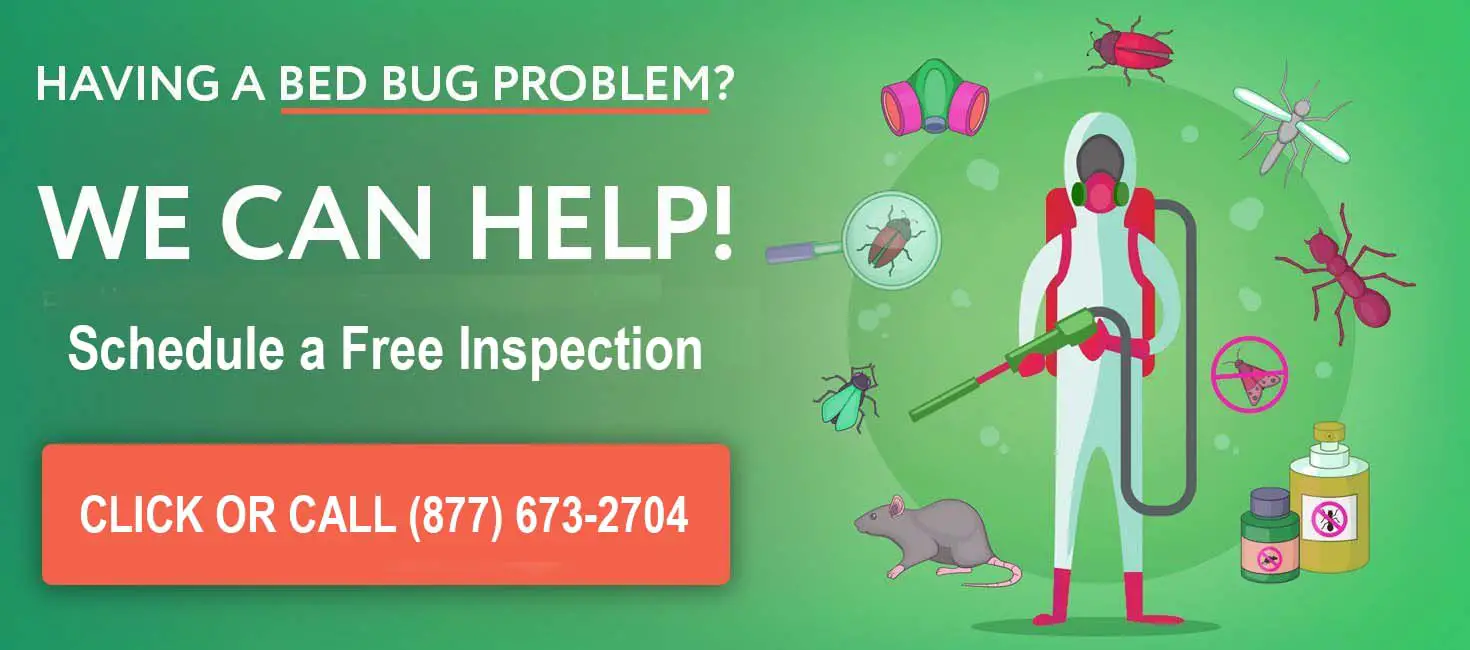Call 1-877-673-2704 for a free extermination quote or do-it-yourself with our featured bed bug kit.
Using Mouth Wash to Kill Bed Bugs
I was recently informed that some schools are suggesting the use of antiseptic mouth wash to treat lice.
realizing that bed bugs are similar in nature, i filled a garden sprayer with mouth wash and went to work. so far not only does it kill on contact but they seem to turn to "mush" after a few minutes. i am also noticing that as they are driven out of their hiding places they are dying. not sure yet if there will be any residual effects of this but this seems to be a method worth checking into.
concept: think of how mouth wash feels in your mouth (when used properly). now knowing that mouth wash has some content of medical (not drinking) alcohol in it, when you mix this type of alcohol with water it can take your breath away (learned this using alcohol as a home remedy for lice). then you have the ingredients used for gingivitis, menthol being one, that create the "heat" in your mouth. add this to the fact that if a human swallows mouth wash they are directed to call poison control and seek medical attention, and you have a "good" reason to believe that it could be useful for bedbugs among other parasites.
i am trying this method and it seem s to be working.
Editor Comment on Using Mouth Wash to Kill Bed Bugs
The use of mouthwash to treat bed bugs is not a widely known or scientifically tested method. While it's possible that the alcohol content in the mouthwash
Bed bugs are notoriously difficult to eliminate, and many traditional over-the-counter pesticides are not effective against them. They can hide in small cracks and crevices, making it difficult to reach them with a treatment like mouthwash.
Instead, it's generally recommended to use a combination of approaches to address a bed bug infestation:
Physical removal: Regularly vacuum and clean your living space, focusing on areas where bed bugs may be hiding, such as seams and folds in mattresses, box springs, and upholstered furniture.
Heat treatment: Bed bugs are sensitive to high temperatures, so washing and drying bedding, clothing, and other infested items on high heat can help kill them.
Encasements: Use bed bug-proof mattress and box spring encasements to trap any remaining bed bugs and prevent them from feeding or laying eggs.
Chemical treatments: Consult with a professional exterminator who specializes in bed bug treatment. They may recommend using specific insecticides, dusts, or other chemical treatments to address the infestation.
Monitoring and follow-up: Continue to monitor for signs of bed bugs and work with a professional exterminator to ensure the infestation is effectively addressed.
It's crucial to use caution when experimenting with home remedies like mouthwash, as they may not be safe or effective. In general, where they exist, always follow the manufacturer's instructions and consult with a professional exterminator for guidance on the best course of action for your specific situation.
Jeff
Editor and Publisher
Bed Bugs Handbook

